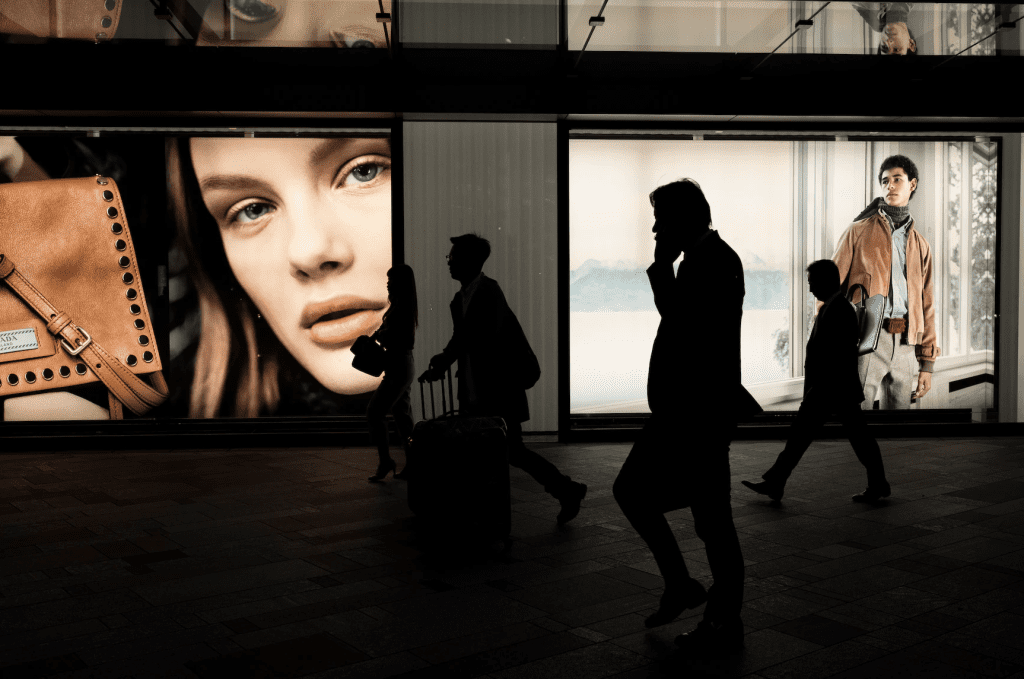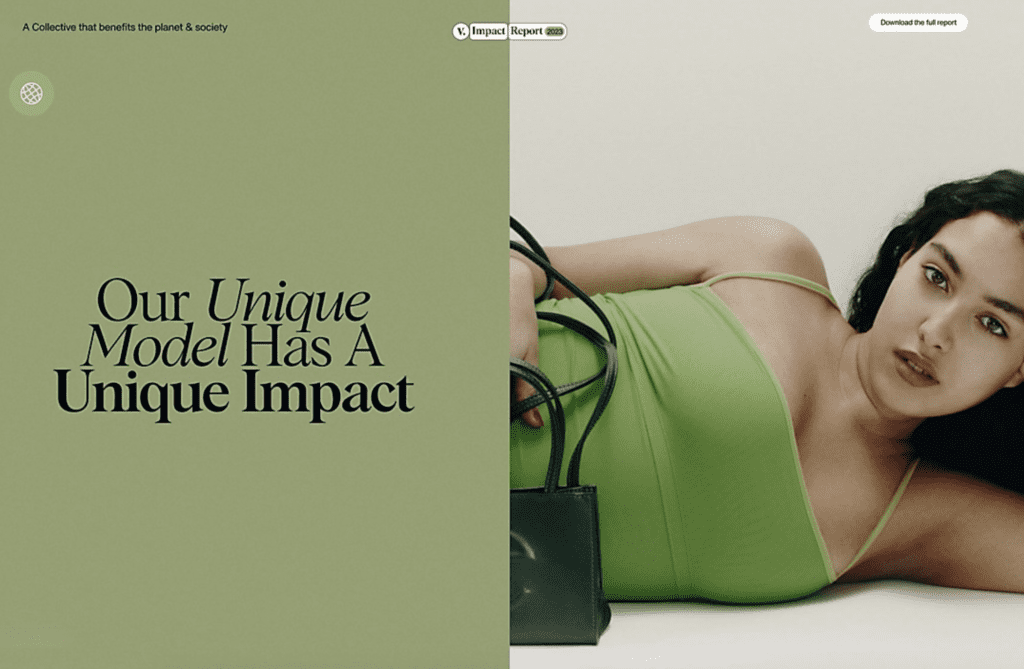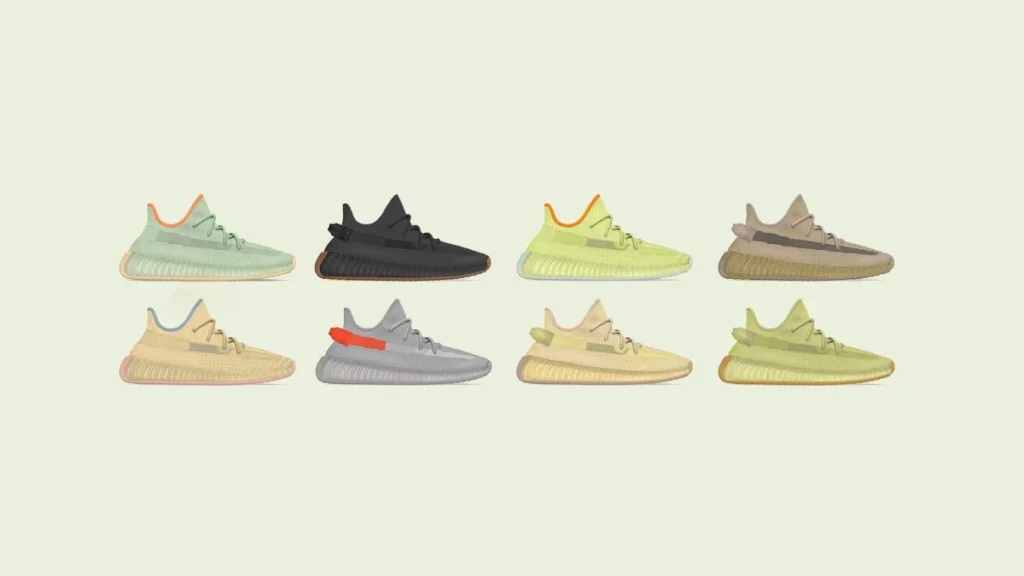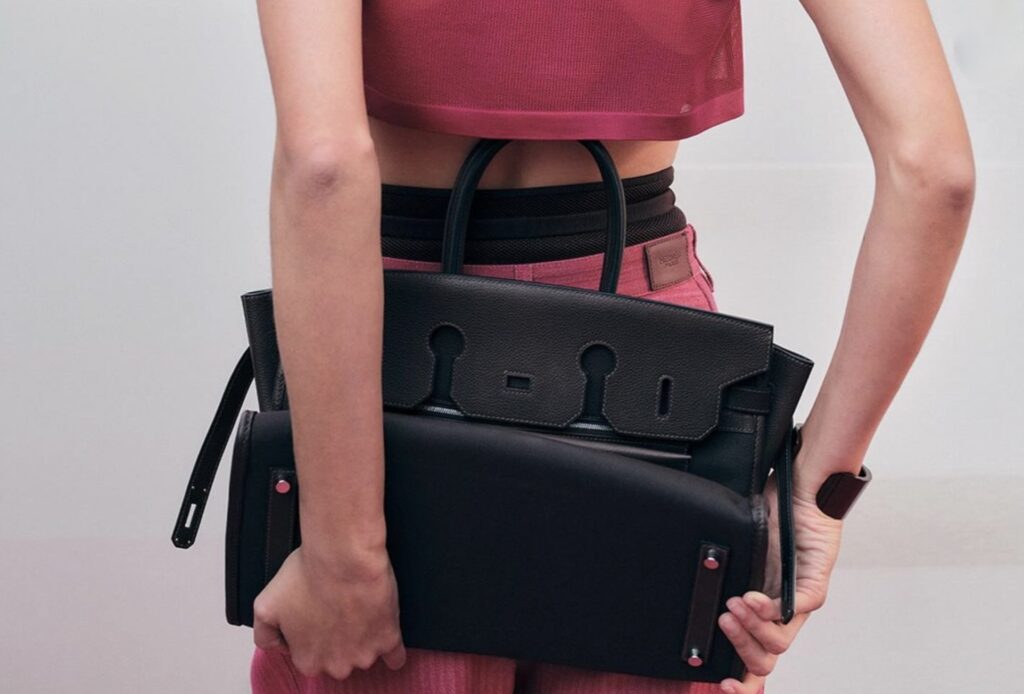On Thursday, Vogue held its inaugural Forces of Fashion event in New York, which the magazine describes as “a series of intimate and informative dialogues between some of today’s most talented designers and the editors of Vogue.” Industry insiders, like Marc Jacobs, Stella McCartney, Michael Kors, Victoria Beckham, and Virgil Abloh (who may have debuted a collaboration with Louis Vuitton) engaged in “no holds barred conversations” with the likes of Instagram co-founder Kevin Systrom and Rihanna about everything from “what it means to be designing and working in 2017” to the impact of social media.
Find some of our key takeaways from the event, which will be updated throughout the day, below …
Pop Goes the Fashion World
Rihanna with Hamish Bowles
On fashion: I have long-term goals in fashion, but not so much with any one brand. You just never know what’s going to happen … I take it seriously. I have a lot of respect for the industry.
On her personal style evolution: It started with bad style, but you’ve got to start somewhere. You live and you learn and you make mistakes. I’m always up for a challenge, and if I don’t get it right the first time or the first hundred thousand times, I keep going. I think really knowing myself, really knowing exactly what my boundaries are. For me, there aren’t many boundaries with fashion, really. I want to do everything and in the most extreme way possible, but [my style evolution] started with me knowing myself and knowing what I want.
On being held to a different standard as a celebrity designer: Rightfully so, I would be a fool to expect anything less. I also believe that everyone should be accountable, especially the designer of the brand. What I love the most is when someone who is not a fan of mine walks into a store and loves a piece, loves the product, whether it’s makeup or clothes. That tells me a lot, it means that you genuinely love what I have to offer—I like when things are respected solely for how great they are.
Disrupt, Disorientate, Doing it His Way
Demna Gvasalia with Sarah Mower
On “ugly” fashion: I think it’s very interesting, the definition of ugly. I think it’s also very interesting to find this line where ugly becomes beautiful or where beautiful becomes ugly. That’s a challenge I like. I think that’s a part of what fashion stands for and I like that people think my clothes are ugly; I think it’s a compliment.
On not setting out to “disrupt” fashion: If you force an idea, it’s never as strong as when you really love it. We never really planned to disrupt anything; we just sort of wanted to do it our way and I think that’s how—seeing it from the outside—it looked like we were trying to disrupt something. In a way, we did, but it wasn’t to prove something. We just wanted to do it the way we felt was the right way. I think that’s where the disruption comes in.
Fashion in the Age of Instagram
Marc Jacobs and Kevin System (co-founder of Instagram) with Sally Singer
Marc Jacobs on social media: At the show last season, I insisted that the audience put away their devices for seven minutes. All I was asking was for everyone to spend seven minutes without an electronic thing attached to their arms. We insisted on that, but we gave all of the models phones and had the models take pictures of the audience as they left the space. Then, we posted all of those photos. It was something to sort of screw things up, and maybe piss people off a little bit, but it was good. It turned out well. And I think it’s important to keep playing with those things.
Marc Jacobs on the questionable value of social media “likes”: If “likes” translated into country homes, I’d be more interested.
Kevin Systrom on Instagram: We have to be optimistic because we are one of the only platforms that can influence the world in a non-invasive way. If you look out in the world, where are you going to get your optimism from? Certainly not the news. So, when we cover events and we do programs, we ask ourselves: How can we be a force for good in the world?
Kevin Systrom on the effects of social media: 10 years ago, for example, museums had “No photography” signs, and now it’s like, “hashtag Mona Lisa.”
Connecting with the Joy of Creativity
John Galliano with André Leon Talley
John Galliano on meeting Martin Margiela: The last time we met he said, “You may not see me ever again.” [That was] just before I joined [Maison Margiela]. I mean, we write each other emails. He’s very anonymous. I did invite him to my house for tea. Well, he wanted to meet, and so we met. It was the most amazing, amazing experience ever.
So we had a great time. It was tea; it started at 4 p.m. and I think he left about 10 p.m. It was just amazing. He said: “Take what you will from the DNA of the house, protect yourself, and make it your own.” A gentleman.
On overcoming adversity: I had to do the work I had to do, and I’m so grateful of that time that I spent on my own. Really, the joy of creativity is what pulled me through. It’s why I’m here today.
On the importance of social media: It is really important. Like I said, my stages help me to create mood boards: we follow people, we engage with them. “I love the way [kids on social media] put themselves together now, because [a selfie] is a glamourous shot.” It’s more spontaneous, I find, than when we were dressing up as kids and, you know, we’d spend three days getting ready. It’s much more spontaneous and immediate and, because of that, they’re less precious about everything.
Can You Keep Cool…Cool?
Virgil Abloh and Heron Preston with Chioma Nnadi
Virgil Abloh on how to tap into what is luxury: If you covet it, it’s luxurious to you. For a 17-year old kid, that Supreme t-shirt is their Louis Vuitton. It doesn’t matter if its $30 that 17-year old is going to remember Supreme for the rest of their life. Heron and I are designing for those 17 year olds.
Heron Preston on scaling cool: Companies are just people. That’s all they are. So, for [Supreme founder] James [Jebbia], who he hires, the staff, their points of views, their opinions, what they bring to the table is how he managed to build a company that is valued at $1 billion make that still feels so small.
Virgil Abloh on his first show in Paris: It was nothing short of surreal. It just showcases what can be done in these modern times. I just challenged myself … I knew I wanted to design fashion. I knew that is what I wanted to do. I started by screen printing t-shirts because that is all I knew how to do. But I knew I wanted to show dresses that took 60 hours to make, and in my mind, it was possible.
Virgil Abloh on being cool regardless of age: We are in this renaissance period where age doesn’t matter. The more knowledge and shared experience you have, that makes you a richer person – not monetarily.
Virgil Abloh on what is cool: Things that I covet – one of my favorite deisgners of Robert Stark of Chrome Hearts – it’s just very specific. It’s just him and his wife making all the decisions and that’s what it is. I feel the same thing when I go to Hermes. There is a central point of view that doesn’t waiver. Same with Vogue, same with Chanel, Michael Jordan, Kurt Cobain – it’s some one person being like the variance is only 1 or 2 % from the core. Individuality is the essence of what is cool.
When Fashion is Your Second Act
Victoria Beckham with Nicole Phelps
Victoria Beckham on starting off in fashion: I was very aware that people had preconceptions. I was a Spice Girl, I was married to a footballer, so I was aware, but I was probably quite naive going into the fashion industry. I wasn’t as scared as I would be if I went in knowing what I know now.
On how her brand is different from other “celebrity” lines: I really put everything into this; it was a new career for me and I had a vision. I surrounded myself with the right people, which, when I started was just two people, one girl working with me on the design and another on the production. It was very different from what other people had done; I wasn’t a celebrity with a licensing deal.
Getting the Keys to the House
Francesco Risso (creative director of Marni) and Natacha Ramsay-Lévi (creative director of Chloe) with Luke Leitch
Natacha Ramsay-Levi on fashion: Fashion is a way to participate in conversations with the world. Of course there is your own aesthetic in the collection, and it’s very personal.
Francesco Risso on working with a brand’s codes: You’re stepping back and forth to connect with the codes of the house and the codes of what’s outside, but if we don’t dare and push against the limits, we will not achieve anything new.
The Power of Independence
Dries Van Noten with Hamish Bowles
Dries Van Noten on runway shows: I always like to tell stories with my collections. Every collection we make is started from an idea, a concept, a smell, a film—it could be anything—but it’s a whole creative process. At the end, it’s a full story that I have to tell to people: the press, the buyers, but also the final customer. So for me, it was easy. Instead of doing that with a fashion shoot, my ideal tool would be a fashion show.
On his work/life balance: I think fashion can be such a monster, it can take over your life and can really nearly kill you—it’s so addictive and so fantastic, but it’s also so cruel.
On politics: I think with the way I work, the way I live, and the way I approach fashion, I am already politically involved. I think everybody can conclude, when they look at my clothes and understand my personality, who I am and what I’m standing for. Personally, I don’t feel the need to stand up and say that very clearly, because I think I communicate enough through my garments.
The Future of Ethical Fashion
Stella McCartney with Tonne Goodman
Stella McCartney on going fur-free in 2001: In the beginning, I was kind of ridiculed. People thought I was nuts—how can you go into the fashion industry and not use leather? I had a million people along the way say, ‘This is not going to work; you’re not going to have an accessories business; you’ll never be able to approach it in the way all of these big brands do.’ But I think what’s amazing is that I started in one place, but now the environment, what we eat, how we conduct ourselves, and how we consume, those links have been made. The information is out there, and that’s what feels exciting. The reality of the impact this industry has on the environment is something people can really see.
On women: I’m a woman designing for women. We’re 80% women at our company.
Being on First-Name Terms With the World
Michael Kors with Virginia Smith
Michael Kors on luck: I don’t believe in luck. I believe in putting yourself out there.
On modern-day models: The models in today’s world are much thinner than those at the height of the supermodel … We have customers that live everywhere and do everything. They have different experiences and different points of view, so to me the idea that models in a fashion show should be mannequins feels so impersonal. I’m not doing my job well if I can’t dress this mosaic of women.
Star Power in the 2010s
Joseph Altuzarra, Erdem Moralioglu, and Simon Porte Jacquemus with Mark Holgate
Joseph Altuzarra on marketing: We don’t have huge advertising campaigns and we don’t have an insane amount of marketing materials, so the show is really the best place for me to tell my story. I feel most comfortable telling stories with my clothes.
Simon Jacquemus on reviews: The only review I believe in is a regram or retweet. It’s about the amount of people sharing something. That’s the real review.
Erdem on “stars”: I think the idea of a star implies someone who is famous for what they do, but for fashion today (and our generation in general), I think it has much more to do with the idea of having a point of view.











